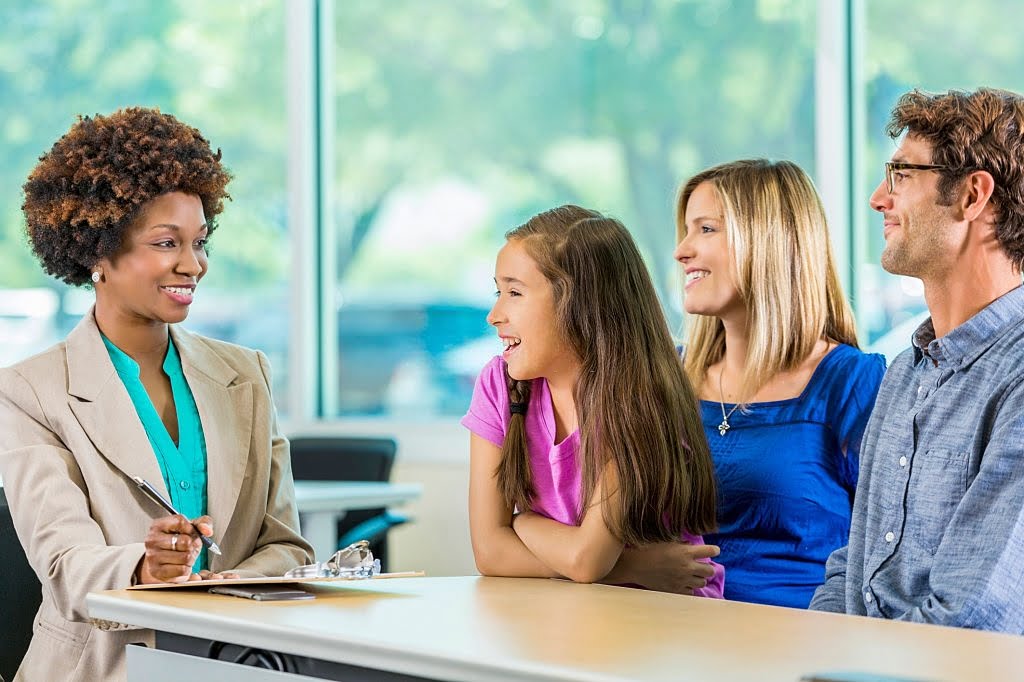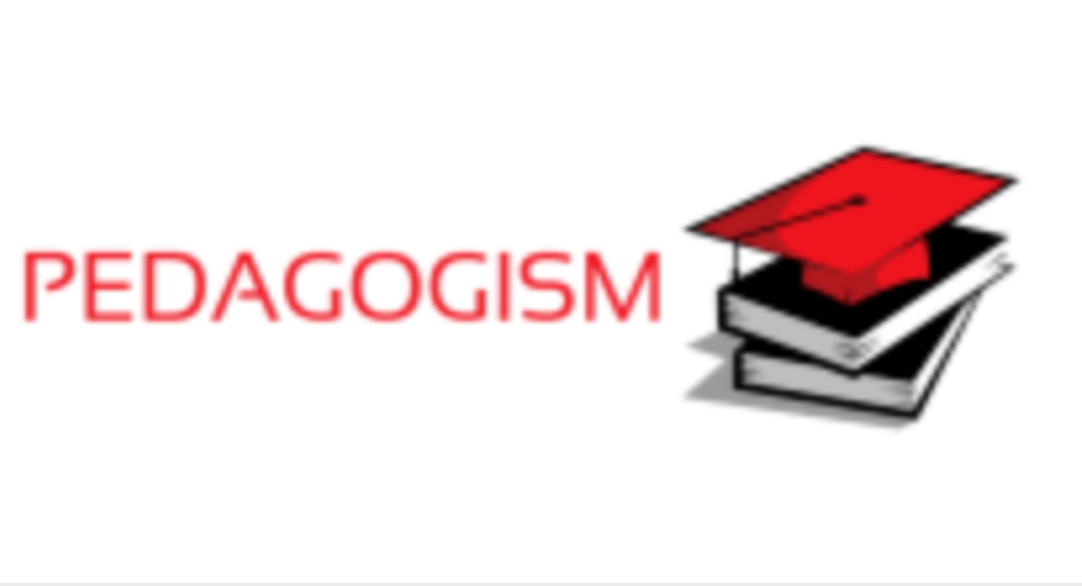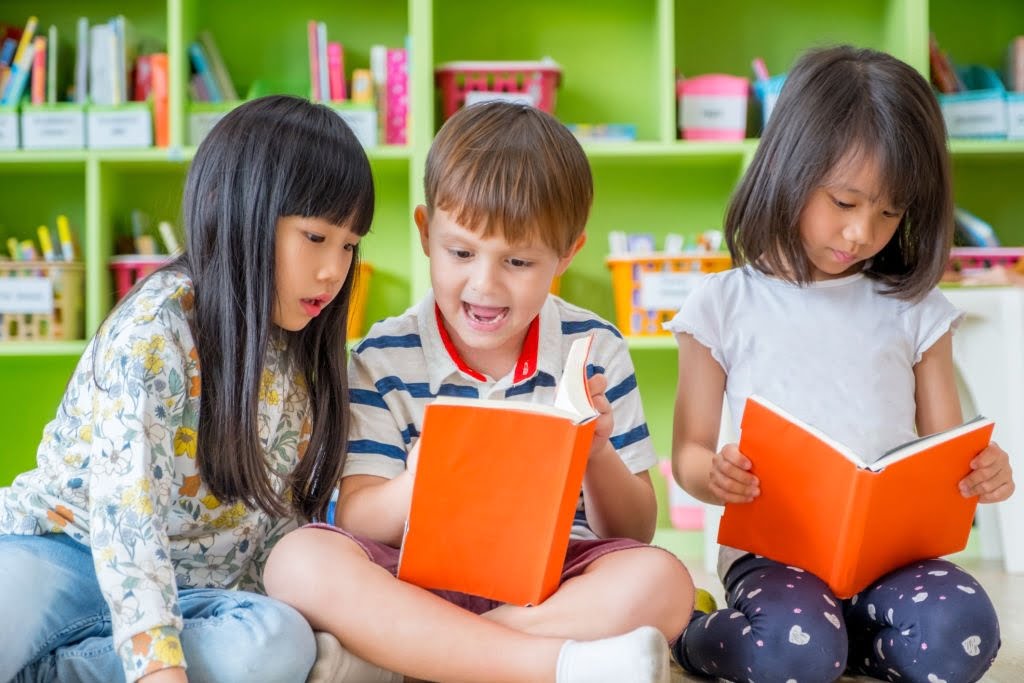The Three Philosophy of Communication in Education

Education is not only a form of teaching, but it also involves many philosophies of communication. It is not only about communication between teacher and student, but also between teacher and teacher and between teacher and parents. In today’s education, we seem to be lacking in these three communication philosophies. For many reasons, one or more of them is always missing in education. I believe that success in education is only possible when there is three-way communication between teacher and student, teacher and teacher, and teacher and parents. Certainly, there are many factors involved in educational success, and the three philosophies of educational communication I have mentioned here are crucial to the development and success of education. Below, I will discuss these three philosophies in detail.
First, the philosophy of teacher-student communication. The relationship between teacher and student, apart from the relationship between teaching and learning, also refers to good communication. What constitutes good communication? In essence, this is a very broad concept and will vary depending on the specific occupation. For example, there are differences in the communication styles and philosophies of those in sales, service and education. For teachers, no matter what stage of education they are in, they need to have the ability to communicate their knowledge well. This ability includes many aspects, such as good verbal communication skills, the ability to teach clearly and in a way that is easy to understand. At the same time, this communication needs to be able to listen to the needs and thoughts of the students. This is because communication is a two-way interaction, and this interaction has a positive impact on the quality of communication. We often talk about the concept of student-centered teaching. However, it seems that there are still some problems with this philosophy in the real world of education. One of the important aspects of student-centered pedagogy is how to allow students to fully express themselves and, consequently, how to enliven the whole ecology and atmosphere of the class. Thus, the most important aspect of the teacher-student communication philosophy lies in a kind of interactive communication, which is in essence the most crucial part of the teacher-student communication philosophy.
Secondly, teacher-teacher communication. The teacher is at the heart of teaching, and good teaching methods need to serve the purpose of benefiting all teachers through sharing. If we would truly achieve this sharing of pedagogical methods, it is necessary for teachers to be able to discuss and communicate with each other on a regular basis. In reality, this kind of regular interaction between teachers is lacking and the problem exists at all levels of teaching. What are the reasons for this? I believe that, on the one hand, teachers are too busy with teaching, research and family to discuss teaching methods and, on the other hand, there is a lack of organized discussions on teaching methods in schools. This absence leads to a kind of rupture in teaching methods, in other words, if there is no good communication mechanism between teachers, it is difficult for them to find other teachers to communicate with when they encounter a problem in their teaching, and in the long run this leads to a kind of inertia, that is to say, a kind of self-digestion and problem-solving mechanism. The disadvantage of this is that, by solving problems in one’s own way, the underlying problems are left unidentified and unresolved. If there is a regular and effective communication mechanism between teachers, not only can teachers’ problems in teaching be solved in time, but it will also help all teachers to update and improve their teaching methods.
Thirdly, the communication between teachers and parents. Parents are often strangers in the real education system. In other words, they rarely have the opportunity to participate in the feedback of education and teaching. This is not to say that schools do not value their opinions and perspectives, but rather that we lack a mechanism to involve parents in the discussion. As a result, there is a lack of communication between teachers and parents. Parents are crucial to the development of education. There is a need to establish regular communication between teachers and parents so that multiple voices can be heard to promote student achievement. Some schools do hold parent-teacher conferences to listen to their views on teaching and learning or to give them feedback on how their children are doing. However, this type of communication is not a normal communication and, therefore, is not enough. There is a lot of coordination and effort involved in getting parents to communicate regularly and deeply with each other. This includes the school organizing regular communication between teachers and parents, as well as teachers keeping in regular contact with parents. In conclusion, the ability to establish regular parent-student communication has a positive impact on the academic success of students and the improvement of teachers’ teaching methods.
From the above discussion, I believe that three-way communication between teacher and student, teacher and teacher, and teacher and parent is the key to successful teaching. In the present day, we are becoming more and more inclined to isolate ourselves and lack real interaction and communication with each other. Therefore, all schooling should be involved in the improvement and development of the three-way communication system.






Responses